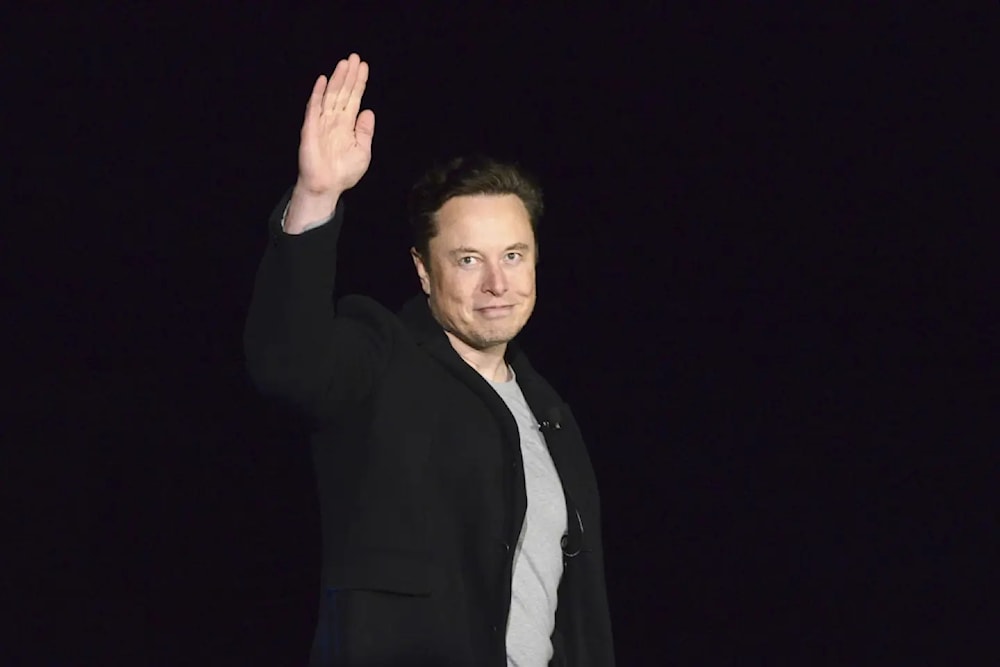Tesla faces another lawsuit over defects in autopilot system
Tesla is currently being sued for misconduct and intentional negligence concerning technical defects in their autopilot option for Model 3 cars.
-

Elon Musk during a SpaceX Convention on February 20, 2022. (AP)
Tesla is currently being sued for misconduct and intentional negligence concerning technical defects in their autopilot option for Model 3 cars, and the judge has just found reasonable proof to hold Tesla liable.
Back in 2019, Stephen Banner was involved in a car accident after his autopilot vehicle crashed into an 18-wheeler in Miami, causing his death. His wife took the case to court and accused the company of intentional negligence.
Judge Reid Scott reported that evidence has been found to prove that Tesla intentionally engaged in misleading marketing strategies that deluded consumers into believing their product was autonomous. He also found that "Tesla’s warnings in its manuals and “clickwrap” were inadequate". He brought up a precedent involving another fatal car crash, during which Tesla's self-driving system failed to work.
Scott turned to a marketing campaign from 2016, which did not indicate that Tesla's autonomy is fully functioning, or that it even exists, but showed a car driving itself, while the driver sat in the seat for "legal reasons" only.
A verdict with punitive damages
A law professor from the University of South Carolina, Bryant Walker Smith, said in a statement for Reuters that the evidence collected on the case suggested deep discrepancies between what internal Tesla agents knew and what they deliberately put out to the public.
It is believed that a public trial could take place, during which more evidence could be shared, thereby increasing the ability to prosecute Tesla, which could lead to "a verdict with punitive damages".
This wouldn't be the first time Tesla founder Elon Musk is faced with public lawsuits.
Tesla was sued in 2022 over the same claims of defective autopilot systems and false advertising. The California Department of Motor Vehicles charged Tesla in July for misrepresenting the features of its Autopilot and FSD systems. The lawsuit claimed that Musk and Tesla continued to misrepresent Tesla's autonomous capabilities even after they were proved to be wrong, time and time again.
Back in 2018, Musk was sued by shareholders under coercion claims, as certain tweets he had posted were meant to force shareholders to invest after they had bet against Tesla, costing them billions of dollars. The jury later found Musk innocent of all charges.
Tesla previously witnessed a drastic stock drop, which saw a close to 70% crash in stock prices after Musk delayed the production of cars in China by denying claims that he was planning on exporting China-produced cars to the US. This grew investor concerns about Musk shifting his focus towards Twitter (now X) instead of Tesla.
Read more: Elon Musk sued by SEC to force him to testify in X probe

 3 Min Read
3 Min Read








